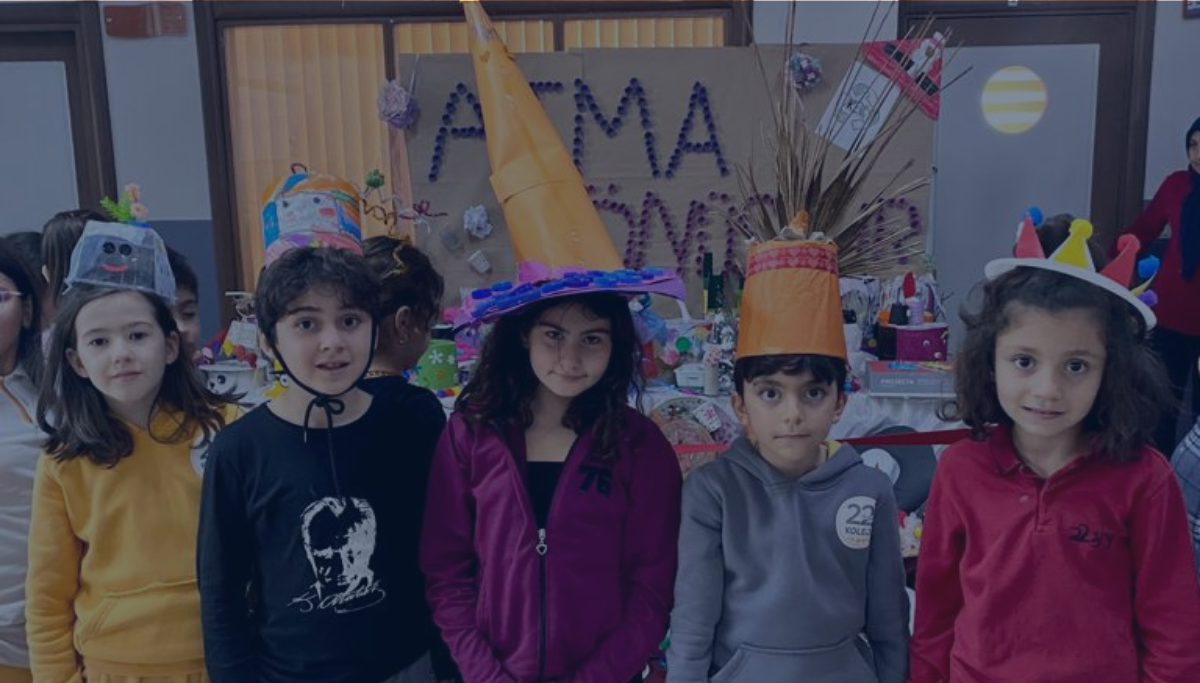Social Responsibility Projects

Our Social Responsibility Approach considers practices that aim to prepare students for the future only with the goal of academic success, ignoring their personal, social, emotional, physical, intellectual and cultural development, as an important mistake that will lead to undesirable results that are difficult to compensate.
On the other hand, 22nd Century Schools believe that children who will be raised with an educational approach based on holistic and multi-faceted development will make measurable and significant differences in the near future when compared to their peers.
As 22nd Century Schools, we do not consider knowing as a criterion of learning to be sufficient, we attach importance to internalising, turning it into a skill, and transforming it into a product or performance. At every stage of the education process, we consider the establishment of a strong bond between knowing, applying and transforming into skills as a prerequisite for qualified and permanent learning.

Individuals Sensitive to Society and Environment
As 22nd Century Schools, national culture is intertwined with national and spiritual values. It aims to raise students who are at peace with their country, culture and values, who are adorned with national and spiritual values, who are sensitive and equipped with the skills required by the world of the future.
With the social responsibility projects carried out in our school, we aim to increase our students’ sensitivity to social problems; to gain and develop their skills of working in co-operation, collecting data about a problem, making observations and developing solutions.
We unconditionally believe that children who work on real life problems will develop and strengthen their self-confidence and self-efficacy, creative thinking, critical thinking, empathy and effective communication skills.
Knowledge and Skills Development
This process is not a one-sided process. In other words, the importance of social responsibility projects is not only to use the student’s time and energy in solving the problems of the society in which he/she lives, but also to contribute to the student’s future life by meticulously evaluating each stage of social responsibility projects.
Social responsibility projects should provide opportunities for students to internalise their achievements, experiences and knowledge gained during the projects by sharing them with other friends. In an active learning environment, students become aware of gains such as self-confidence, competence, responsibility and empathy by dealing with real people, real institutions and real events. Students develop creative thinking, critical thinking, effective communication, teamwork and problem solving skills that they will need in the future.
 Türkçe
Türkçe
 English
English




